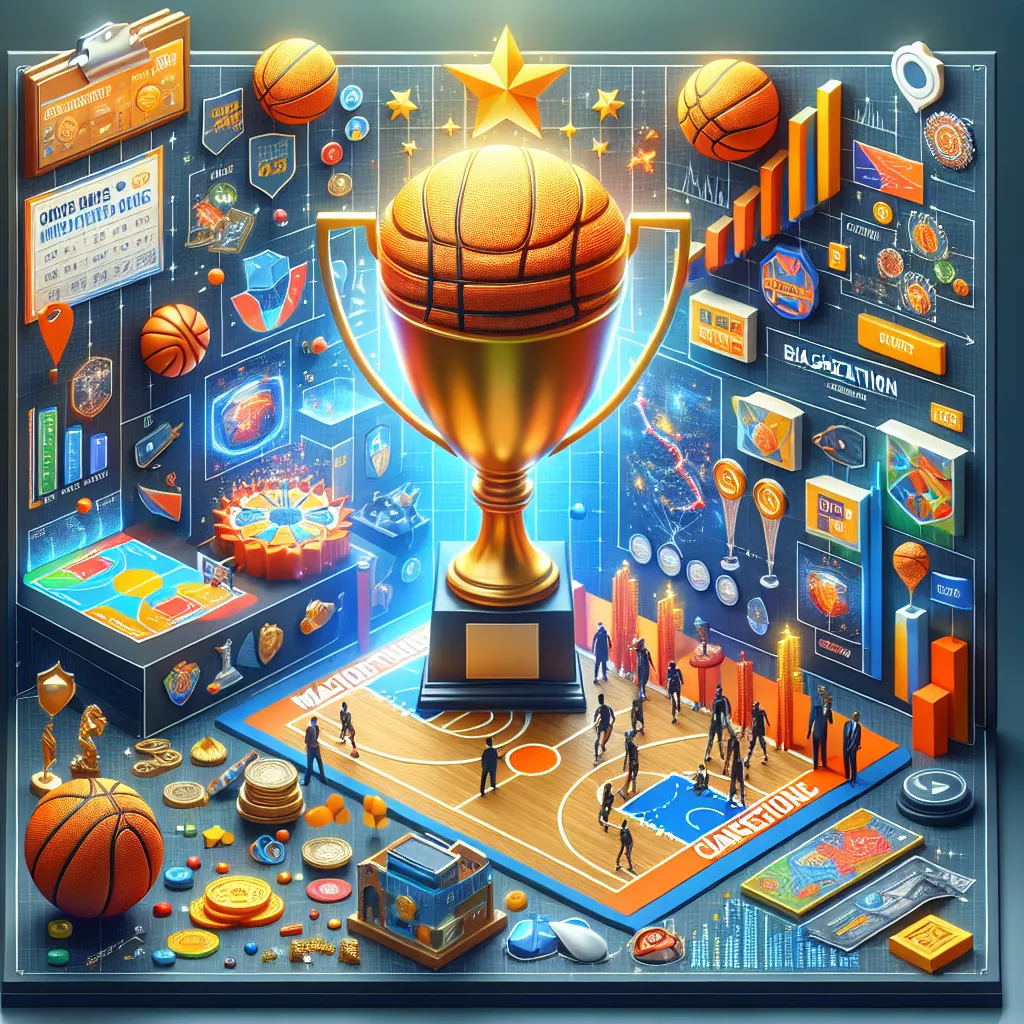The Big Baller Brand (BBB), founded by the Ball family, has been at the forefront of sports and lifestyle fashion since its inception. Known for its bold designs and direct marketing approach, the brand has made significant waves in the marketplace. While the journey has been fraught with challenges and criticisms, BBB has achieved notable successes that merit attention. This article delves into the monopoly-like stance BBB has taken in the niche sportswear market and its biggest wins to date.
The concept of monopoly implies dominance or control over a particular industry or market segment. While it would be a stretch to claim that BBB has established a monopoly in the traditional sense, the brand has created a unique space for itself. By leveraging the popularity and charisma of the Ball family, particularly patriarch LaVar Ball and his son Lonzo Ball, the brand has captured the attention of a specific fanbase. BBB’s strategy diverges from conventional sportswear brands, opting instead for a direct-to-consumer model that bypasses major retail distribution channels. This approach has allowed BBB to maintain control over its pricing and brand identity, much like a localized monopoly within its niche market.
The question remains: Is Big Baller Brand successful? To answer this, one must look beyond traditional metrics such as market share and revenue. BBB’s success lies in its ability to create a strong brand identity and establish a culturally influential presence. The brand’s initial product launch sold out quickly, demonstrating its potential to resonate with consumers who align with its maverick philosophy. Furthermore, BBB has expanded its offerings beyond shoes to include apparel and accessories, broadening its appeal and revenue streams. The brand’s focus on empowerment and individuality continues to attract a loyal customer base that values authenticity over mass appeal.
Another factor contributing to BBB’s success is its innovative, albeit sometimes controversial, marketing strategies. LaVar Ball’s larger-than-life personality has kept the brand in the media spotlight, fostering both interest and debate. Whether through social media, reality TV, or public appearances, the branding efforts remain consistent and engaging, ensuring that BBB stays relevant in a fast-paced digital world. This approach has resulted in a significant following, particularly among younger demographics who appreciate the brand’s edgy and unapologetic stance.
Big Baller Brand’s biggest win can arguably be seen in its ability to stay the course against overwhelming odds. The brand faced numerous challenges, including production issues and public scrutiny. Yet, through resilience and adaptation, BBB managed to retain its foothold and even pushed forward with new projects. One notable triumph was the launch of the Junior Basketball Association (JBA), a league designed to provide athletes an alternative path to professional basketball. Though the league had a brief run, it exemplified BBB’s commitment to innovation within the sports industry.
Moreover, BBB’s enduring presence amidst competition from heavyweights like Nike and Adidas underscores its tenacity and adaptability. The brand has learned from early setbacks and continues to refine its business model to better meet consumer demands. By focusing on direct engagement and unique product offerings, BBB remains a relevant player in the sportswear market.
In conclusion, while Big Baller Brand may not hold a monopoly in the purest economic sense, it has carved out a distinct position that challenges traditional paradigms. Its success can be measured not just in sales, but in the cultural conversations it inspires and the unwavering support of its core audience. With potential new collaborations and product lines on the horizon, BBB’s journey is far from over. The brand stands as a testament to the power of vision and the enduring allure of the maverick spirit in the ever-evolving world of sports and fashion.




